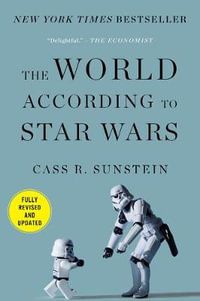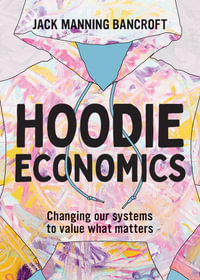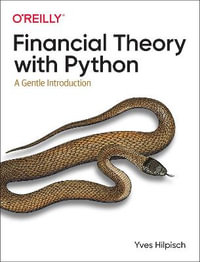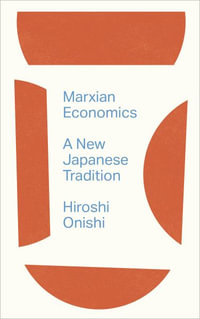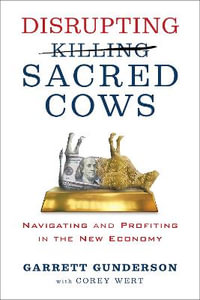In the early 1970s many social scientists and critics noted the emergence of a new elite based in the "Knowledge Industry" and pitted against the old business-based middle class both politically and culturally. Because of its close ties to academia and the media, this New Class was conceived by both its critics and its proponents to be in an advantageous position to influence the rest of society. The Hidden Technocrats attempts to delineate the features of the New Class phenomenon and map its structural location in contemporary American and Western European societies.In exploring the major themes of the assumed New Class culture in five coun-tries-the United States, Britain, Holland, West Germany, and Italy-the authors come up with some surprising results. Where earlier discussions had posited protracted opposition between the left-of-center new elite and the right-of-center old elite, much of the evidence and analysis presented here points toward a symbiosis in the making, a new constellation of values and behavior patterns that combine both traits of the old bourgeois culture and social attitudes clearly identified with the New Class.In mapping out a strategically important change in the political ideology and s'ocial psychology of contemporary capitalism in America and Europe, the authors raise essential questions about whether such a "new capitalism" will favor or diminish the international competitiveness of the economies in which it has come to the fore. This stimulating and wide-ranging volume at the cutting edge of analysis will be of interest to sociologists, economists, and organizational analysts.
Industry Reviews
-These seven integrated essays by American and European sociologists, resulting from a three-year research project, develop the political and cultural differences between the old middle class based on traditional professions (engineering, law, medicine, management), having narrowly and clearly defined expertise and a Cartesian faith in scientific rationality, and a new - middle class of wider skills, based on the - knowledge industries... More analytical and cohesive than The New Class? by Robert L. Bartley et al. (CH, Sep'79). Bibliography and index are useful; style is occasionally pedantic. Advanced undergraduate; graduate; faculty.-
--R. E. Will, Choice "These seven integrated essays by American and European sociologists, resulting from a three-year research project, develop the political and cultural differences between the old middle class based on traditional professions (engineering, law, medicine, management), having narrowly and clearly defined expertise and a Cartesian faith in scientific rationality, and a new " middle class of wider skills, based on the " knowledge industries... More analytical and cohesive than The New Class? by Robert L. Bartley et al. (CH, Sep'79). Bibliography and index are useful; style is occasionally pedantic. Advanced undergraduate; graduate; faculty."
--R. E. Will, Choice "These seven integrated essays by American and European sociologists, resulting from a three-year research project, develop the political and cultural differences between the old middle class based on traditional professions (engineering, law, medicine, management), having narrowly and clearly defined expertise and a Cartesian faith in scientific rationality, and a new " middle class of wider skills, based on the " knowledge industries... More analytical and cohesive than The New Class? by Robert L. Bartley et al. (CH, Sep'79). Bibliography and index are useful; style is occasionally pedantic. Advanced undergraduate; graduate; faculty."
--R. E. Will, Choice

